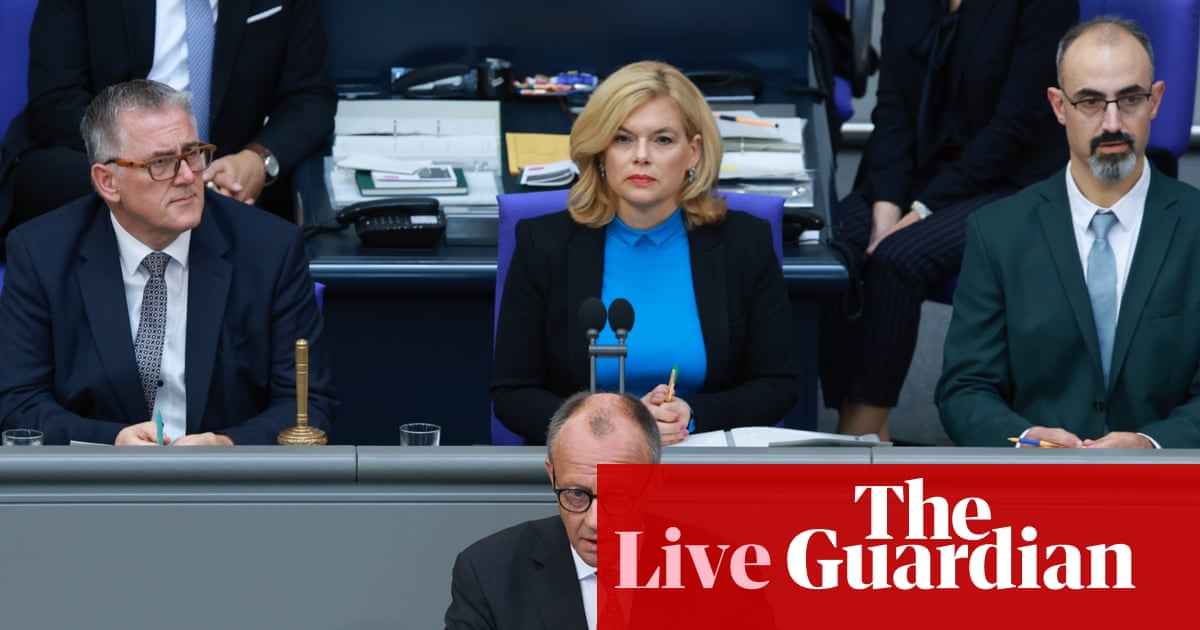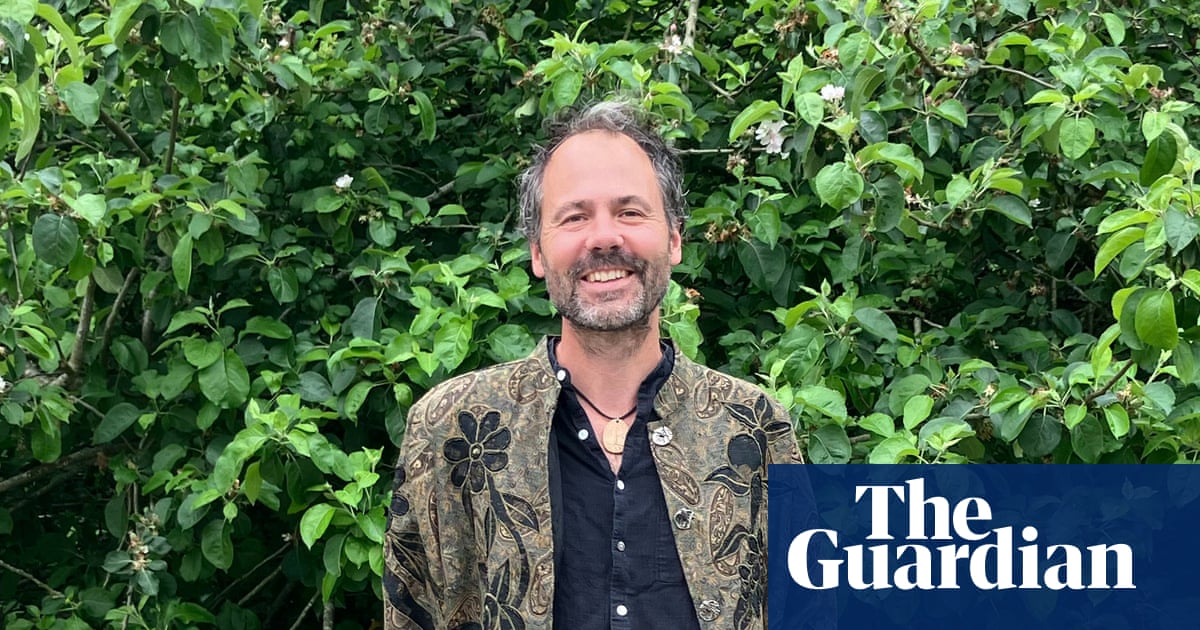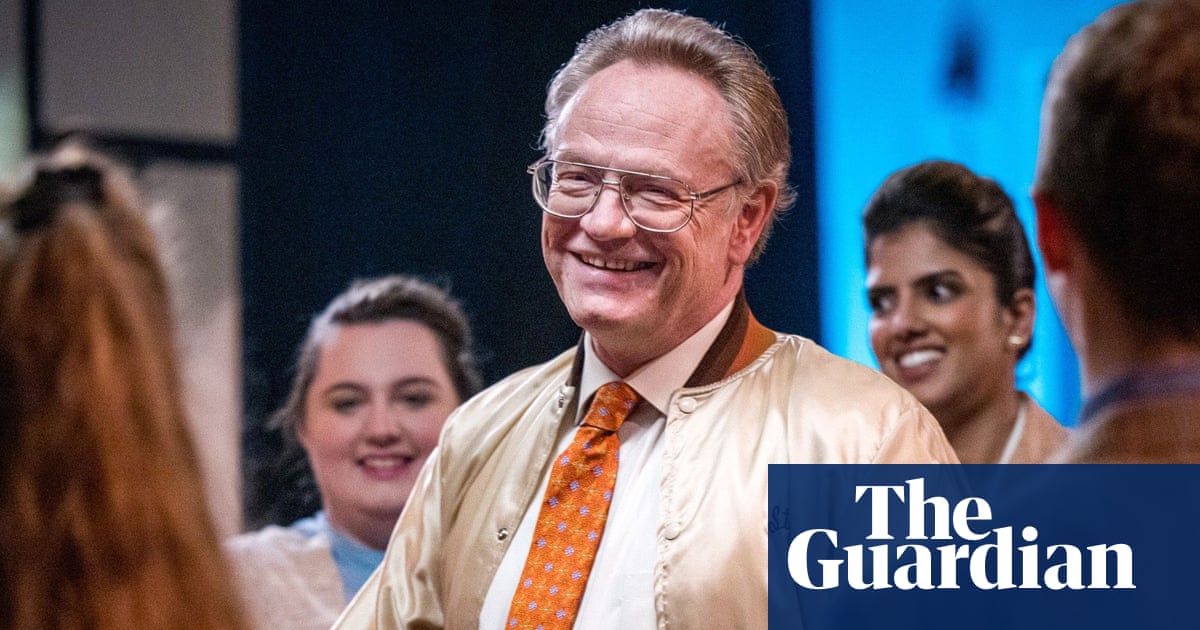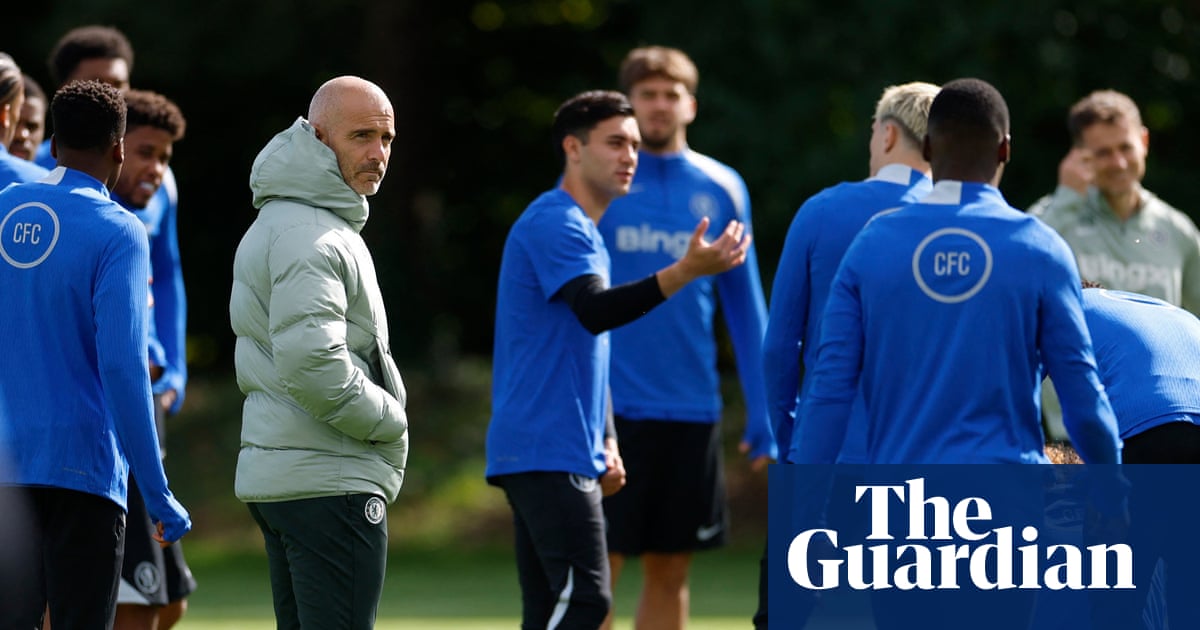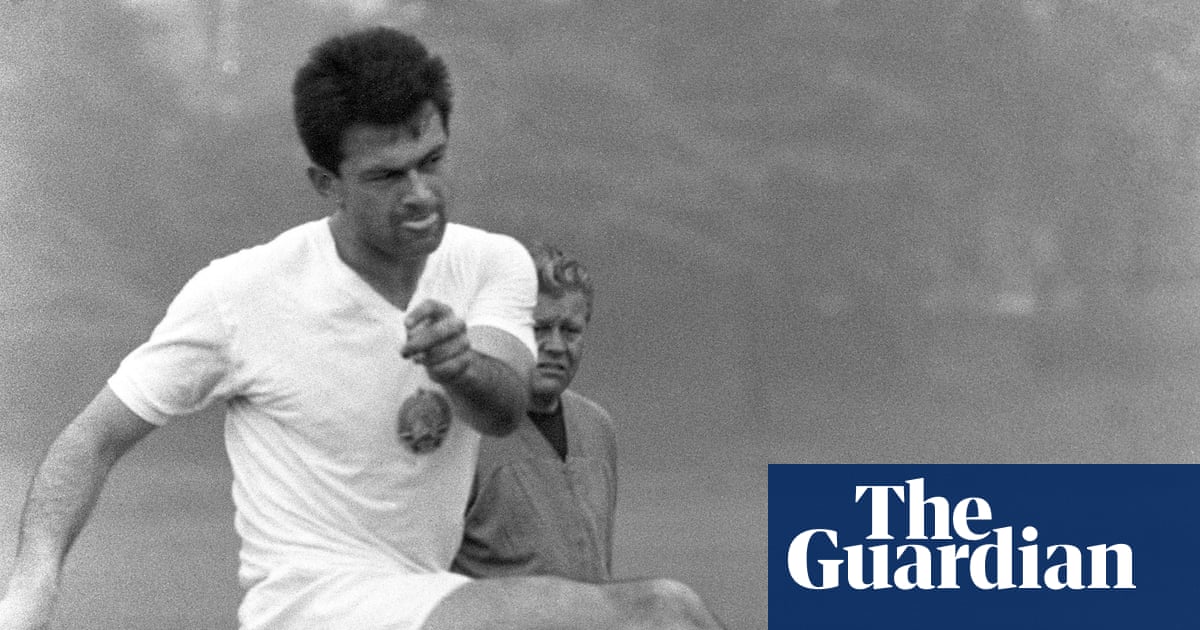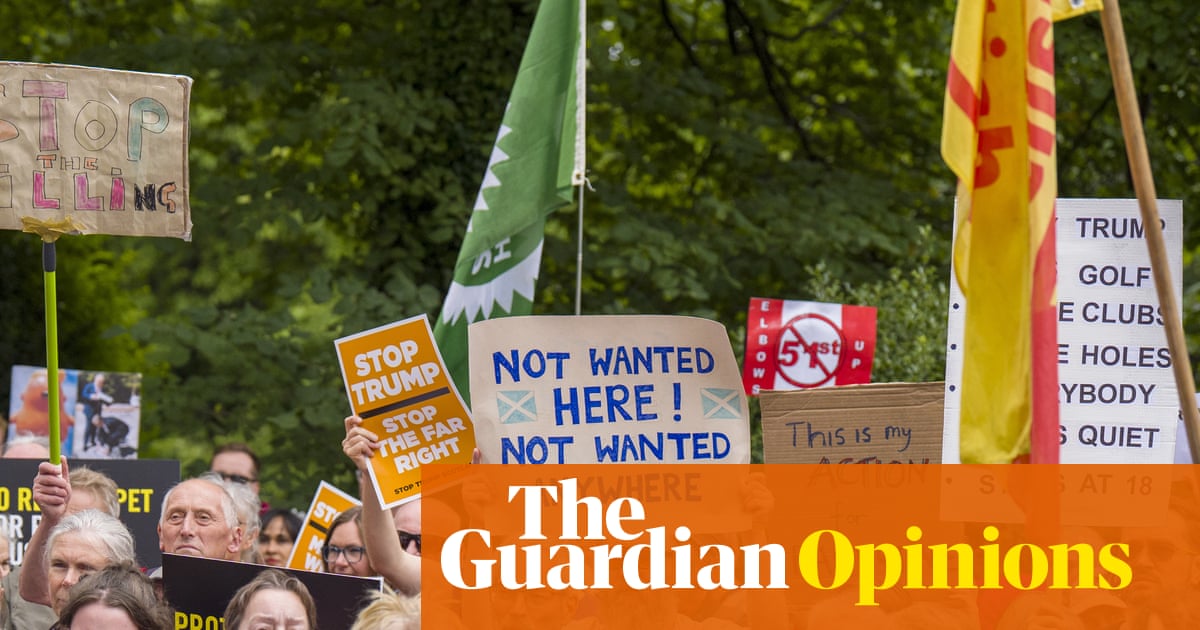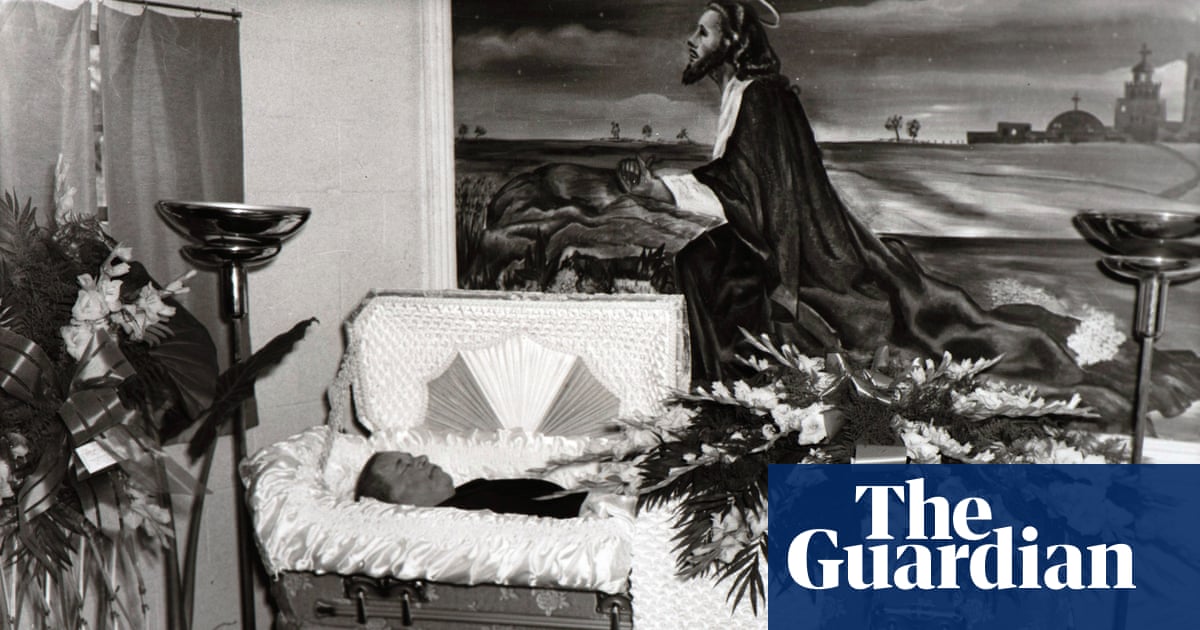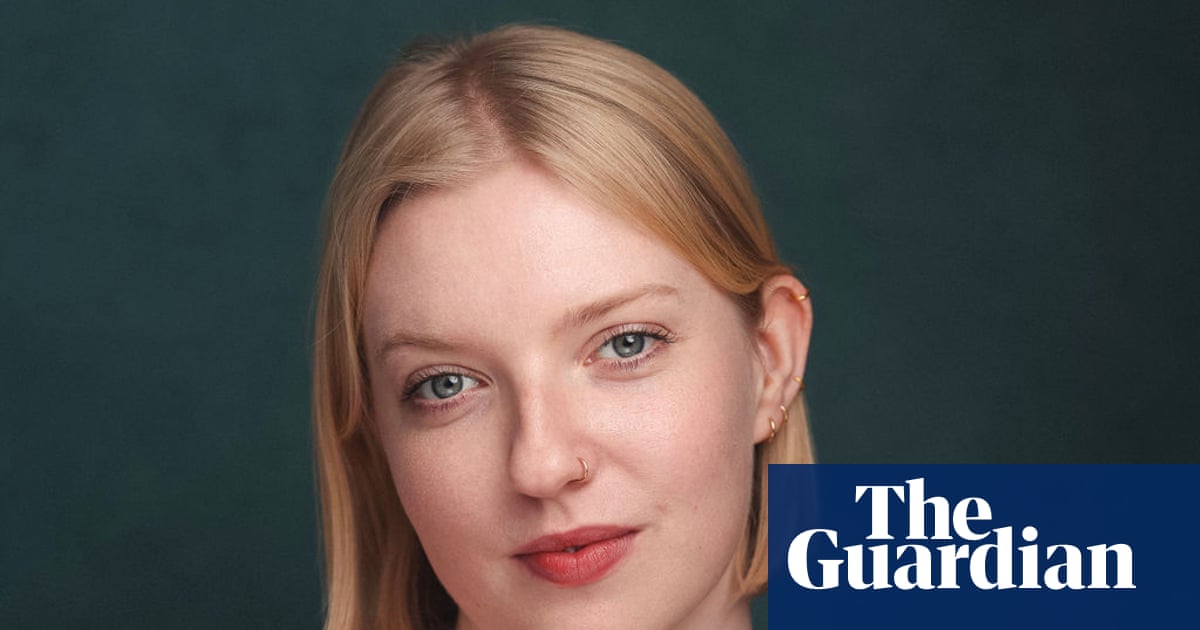The University of Michigan is using private, undercover investigators to surveil pro-Palestinian campus groups, including trailing them on and off campus, furtively recording them and eavesdropping on their conversations, the Guardian has learned.
The surveillance appears to largely be an intimidation tactic, five students who have been followed, recorded or eavesdropped on said. The undercover investigators have cursed at students, threatened them and in one case drove a car at a student who had to jump out of the way, according to student accounts and video footage shared with the Guardian.
Students say they have frequently identified undercover investigators and confronted them. In two bizarre interactions captured by one student on video, a man who had been trailing the student faked disabilities, and noisily – and falsely – accused a student of attempting to rob him.
The undercover investigators appear to work for Detroit-based City Shield, a private security group, and some of their evidence was used by Michigan prosecutors to charge and jail students, according to a Guardian review of police records, university spending records and video collected in legal discovery. Most charges were later dropped. Public spending records from the U-M board of regents, the school’s governing body, show the university paid at least $800,000 between June 2023 and September 2024 to City Shield’s parent company, Ameri-Shield.
Among those who say they’re being regularly followed is Katrina Keating, part of Students Allied for Freedom and Equality (Safe), a local chapter of Students for Justice in Palestine. Keating said the surveillance has caused her to feel “on edge”, and she often looks over her shoulder since November, when she was first followed.
“But on another level it sometimes feels comedic because it’s so insane that they have spent millions of dollars to hire some goons to follow campus activists around,” Keating added. “It’s just such a waste of money and time.”
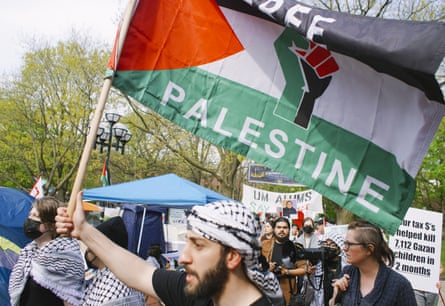
The students who spoke to the Guardian tracked dozens of investigators who have followed them around campus and Ann Arbor, often working in teams, and in some cases sitting at nearby tables at cafes and bars, eavesdropping on conversations. Their allegations were supported by videos reviewed by the Guardian – some taken by students of the people following them, along with police body camera footage – or corroborated by multiple students who were being surveilled.
The surveillance has been increasing in the wake of recent raids on students authorized by Democratic Michigan attorney general Dana Nessel and Donald Trump’s FBI, students say.
In a statement, the University of Michigan said it had not received any complaints about the investigators. It did not deny the surveillance. “Any security measures in place are solely focused on maintaining a safe and secure campus environment and are never directed at individuals or groups based on their beliefs or affiliations,” a spokesperson said in an email.
City Shield did not respond to a request for comment, nor did Jordan Acker, a regent and an outspoken critic of the protesters.
The university has had an antagonistic relationship with pro-Palestinian campus groups, which have been organizing protests and demanding the university divest from Israeli companies, and set up an encampment in 2024. It took the unusual step of recruiting Nessel to prosecute students charged with alleged crimes during 2024 protests instead of allowing local prosecutors to handle the cases, as is typical. The Guardian previously detailed the regents’ close personal, financial and political relationships with Nessel.
Regent documents and media reports show at least $3m in spending by the university on security – undercover and not – and higher education consultants in response to students’ activity on campus.
The evidence from the undercover investigators has also been used by the university administration in internal disciplinary hearings. The administration cannot initiate cases against students – only other students or staff can – so it spent $1.5m on two consultants who were hired to initiate internal disciplinary action, according to four attorneys and students who went through the process.
The use of undercover private security may be unprecedented, said Lindsie Rank, director of campus rights advocacy for the Foundation for Individual Rights and Expression. She said University of North Carolina police went undercover during 2018’s Silent Sam protests, which saw students topple a Confederate statue, and she questioned why U-M did not use its own police.
“This certainly is not the best thing for a culture of free speech on campus, because it does cause a chilling effect,” Rank said.
‘What are you doing?’
Last summer, Josiah Walker, a black and Muslim Safe member, knew he was being followed. He kept catching people furtively recording him with their phones, so after a few encounters, he said he “counter-surveilled”.
In a university parking lot, Walker began recording several people in cars who had been recording him. One car accelerated toward Walker, who had to step out of the way to avoid getting hit.
“I thought to myself, ‘If this is how I go out then this is how I go out, but it’s really unfortunate that this random group of people got me,’” Walker said. He later learned they were not a random group, but likely undercover investigators.
Students say Walker has been among the most heavily surveilled for reasons that are unclear. He counted 30 different people following him before he stopped keeping track last year, and said they now even regularly park at an off-campus convenience store he frequents.
In one incident from July 2024, Walker took pictures of several men he suspected were following him. One began walking with a limp across an outdoor campus gathering area during a protest over events in Bangladesh. Walker said the man loudly screamed that Walker was making fun of disabled people, and accused him of planning to post video to YouTube. Walker told the Guardian he was not certain at the time that the man was trailing him, so he felt badly about the accusation.
In early August, video captured by Walker and shared with the Guardian shows Walker approaching another person who had been recording him from a car. It turned out to be the same man from the Bangladesh protest. The video shows the man acting as thought he is deaf and mute, pretending to use sign language and speaking in an impeded manner. He then starts speaking in a normal voice, and, in an apparent attempt to insult Walker, suggests Walker is a special educational needs student.
In an email, a spokesperson said the university “does not condone or tolerate any behavior by employees or contractors that demeans individuals or communities, including those with disabilities. The comment referenced in the video does not reflect the university’s values or expectations for respectful conduct.”
A few minutes later, Walker walks behind the man, overhearing him telling another investigator that Walker had figured out who he was. The investigator, who is white, then starts screaming that Walker, who is black, was attempting to assault him. “He wants my wallet!” the investigator screams. Walker also captured this incident on video and shared it with the Guardian.
Walker said he knows the man was an investigator because he was following Walker with a camera, as dozens of others had. His suspicions would be confirmed.
Walker was twice charged by Nessel for misdemeanor trespassing in 2024. During the legal discovery process, Walker obtained U-M police bodycam footage – which he shared with the Guardian – that showed an officer looking at a phone and what appears to be a group chat with undercover investigators titled “U-M intel”. It includes a text that shows video of Walker in a campus area where police claim Walker wasn’t permitted to be.
A City Shield employee at a number pictured in the video declined to comment when reached by the Guardian, and said a reporter should call his superiors at City Shield’s “central office”.
The charges against Walker were later dropped.
Walker said the surveillance is an “extraordinarily dangerous situation” since the investigators have been caught lying, are using questionable tactics, and are collecting information prosecutors are using to charge students.
He’s also just perplexed: “The degree to which all these entities are willing to go to target me is amazing. Guys, this doesn’t make sense. What are you doing? Leave me alone.”
In late March, Nessel alleged that Henry MacKeen-Shapiro, another Safe member, violated terms of a bond agreement stemming from previous trespassing charges that prohibited him from being on campus except for class.
Nessel said the allegations justified a 10-day prison sentence. She appears, based on a police report obtained by the students, to have relied on an account from City Shield investigators claiming MacKeen-Shapiro had been caught on video posting flyers on campus. MacKeen-Shapiro denies the account. A judge ultimately sentenced him to four days.
Nessel and the FBI raided several protesters’ homes in late April. Several students said they noticed an uptick in the number of people tailing them since raids. In some cases, they have cussed and threatened students who confront them, several organizers who have been followed said. In one instance, someone followed a small group from a student meeting to a bar, and sat down at an adjacent table and began to eavesdrop and record them.
“The way that the university is now responding to student activism with a massive expansion of surveillance, through plain clothes cops, and proliferation of security cameras, is very alarming,” MacKeen-Shapiro said.

 3 months ago
73
3 months ago
73
